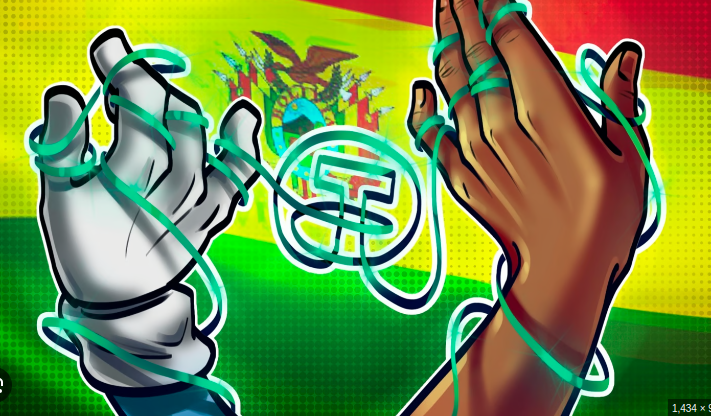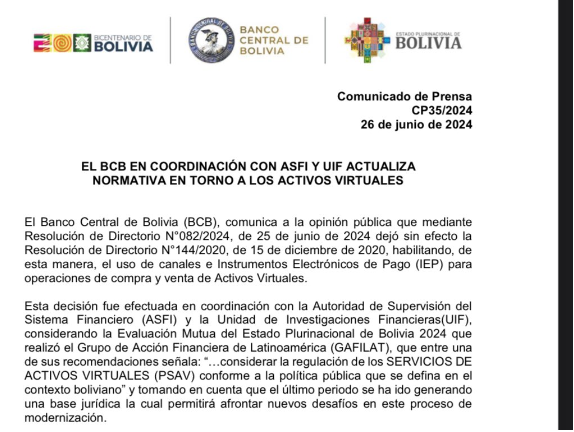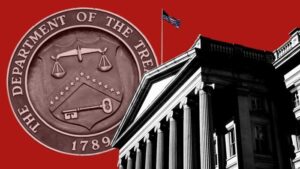
Bolivian bank Banco Bisa has launched a stablecoin custody service, enabling clients to buy, sell, and transfer USDT.
Crypto adoption is gaining traction in Bolivia, where a leading bank, Banco Bisa, has introduced a custody service for Tether’s USDt stablecoin. This new service will allow Banco Bisa clients to buy, sell, and transfer USDT through the bank, providing a secure platform for managing digital assets. Banco Bisa highlighted that users can hold assets, send funds to family members, and make cross-border payments, further integrating crypto solutions into the country’s financial ecosystem.
Bolivia’s financial regulator backs the new service.
Yvette Espinoza from Bolivia’s financial regulator, ASFI, endorsed the bank’s new offering, highlighting that it enables clients to make crypto transactions within the established regulatory framework. This, she explained, helps mitigate the risks associated with unsafe practices in the crypto market.
Franco Urquidi, Banco Bisa’s vice president of business, added that customers will need to complete a verification process to ensure their transactions are secure, providing them with peace of mind.
Bolivia implemented a ban on cryptocurrencies back in 2014.
In 2014, Bolivia banned cryptocurrencies, making it illegal to use any currency that wasn’t issued or regulated by the government. At that time, the country specifically stated that Bitcoin was prohibited. The central bank explained that this measure was aimed at safeguarding the national currency and protecting citizens from potential losses linked to unregulated currencies.
Bolivia is shifting its position on cryptocurrency assets.
In 2024, Bolivia began to change its approach to cryptocurrency assets. On June 28, the country lifted its ban on Bitcoin and crypto payments, permitting financial institutions to engage in transactions involving digital assets.

The Banco Central de Bolivia stated that this decision was aimed at boosting the economy and aligning the country’s regulations with those of other Latin American nations regarding cryptocurrency.
On September 27, the central bank announced that trading in virtual assets had doubled since the ban on Bitcoin and crypto payments was lifted. Between July and September, an average of $15.6 million in crypto was traded each month.
Despite this shift towards a more accepting stance on cryptocurrencies, Bolivia has not yet established a formal tax framework for crypto transactions.



